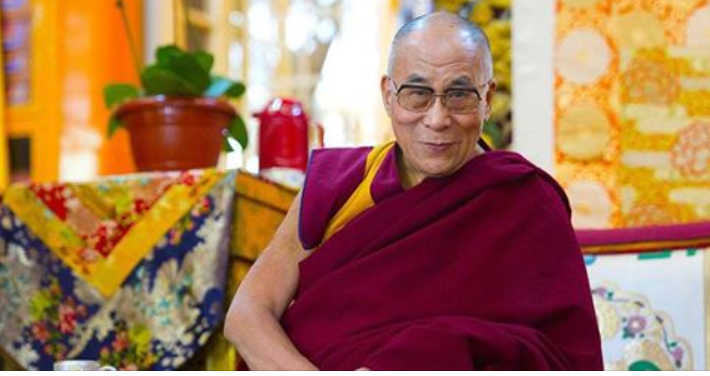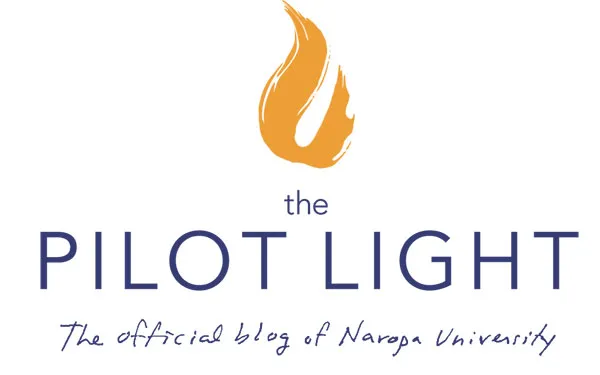
I’ve been thinking a lot about ethics lately – as part of the Applied Ethics course I teach at Naropa University, I always want to get my students (and myself!) to think about how an ethical framework informs contemporary values and behaviors.
In that state of mind, I recently re-connected with the Dalai Lama’s most recent tome on ethics – “Beyond Religion: Ethics for a Whole World.” In it, he addresses not only a Buddhist, but world-wide, inter-religious, and multi-faith audience. His new vision of what he calls “secular ethics” advocates for modalities in which we can recognize our common humanity, and therefore embody compassion (which he so famous for) and social justice. Of course, there are chapters on the role of training one’s mind (and heart) through contemplative practices, and how these practices support the cultivation of key inner values and help us to recognize destructive emotions.
The Dalai Lama – now a self-proclaimed “old man” – has, for over a generation, been the quintessence of someone who has lived a wise and compassionate life. It has been interesting to observe his development over the years – from someone who represented a country-in-exile as Tibet fell to the Chinese – to a spokesman for the more diverse (and socially chaotic) members of the entire planet.
In this time of environmental, social, and economic challenge, he continues to rely on his Tibetan Buddhist religious and ethical foundations to teach to a wider audience, communicating with ideas and language that are idiomatic to our time. His visit today to Colorado will be welcomed by many, not only the large Tibetan community in Boulder, but by many who appreciate his message of cultivation of ethical values and behaviors that is intended to reach our modern ears and hearts.
Elaine Yuen, PhD, Buddhist Minister, Associate Professor and Chair, Wisdom Traditions, Naropa University


